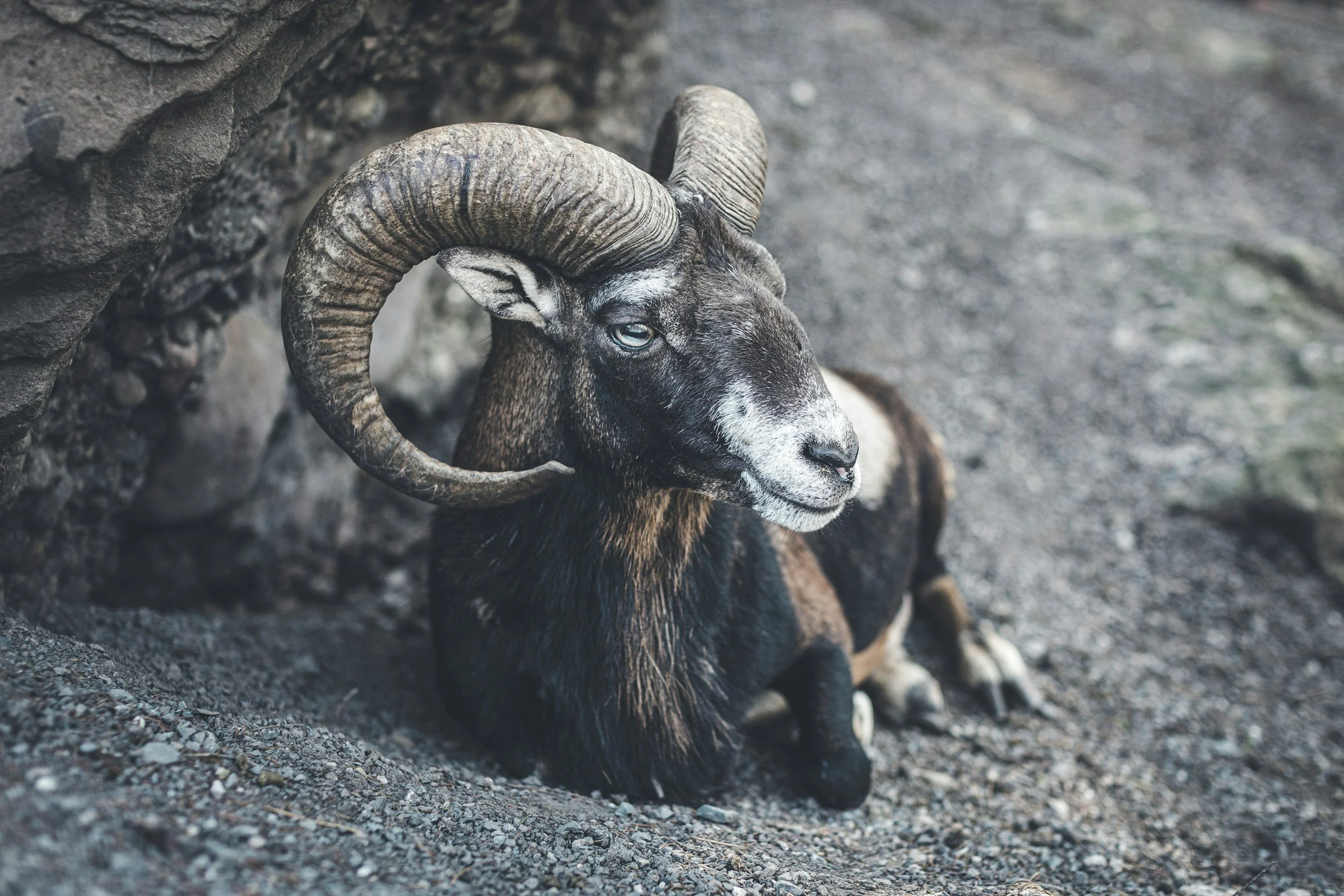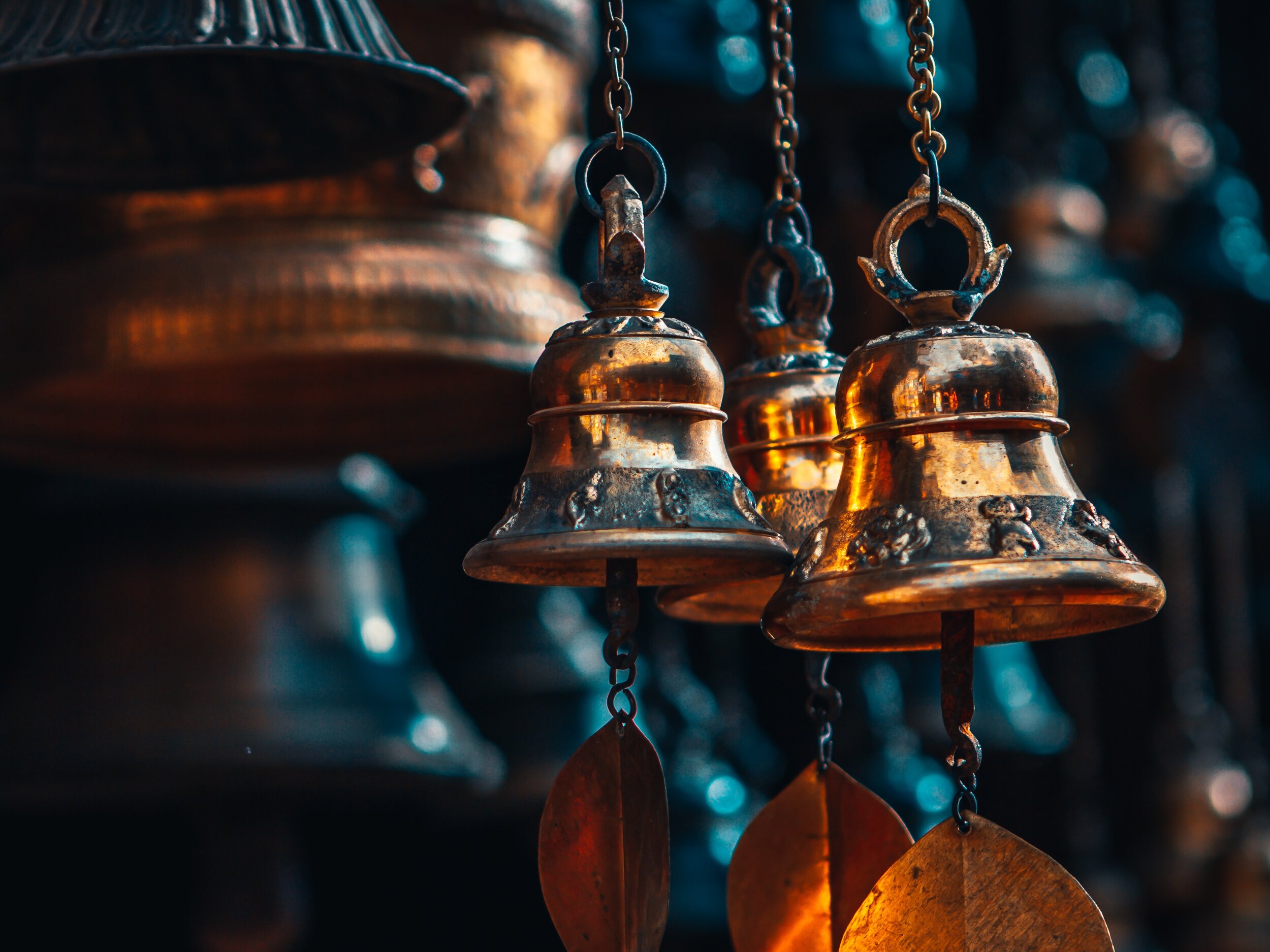Whether you want to admit it or not: fear is a natural part of life. We experience uncertainty from our first moments on this planet. Everything is new. Unpredictable. After some time, we become accustomed to most things, and this level of fear decreases. For example, we get so used to crossing the road (after taking the right precautions) that we don’t fear a drunk driver will suddenly run us over. Or that the food we eat will poison us. However, the actual role of fear is to serve us. Its intensity varies depending on the circumstances… only how can we control it?
What Fear Does to Your Body
Fear can have many symptoms – these include weakening of the immune system, irritable bowel syndrome, premature aging, or even heart problems. People in a state of fear go into a primal reaction called “fight or flight”. Because our minds have always been evolving faster than our bodies, our reactions are the same now as they were in prehistoric times. In those times, when we would encounter a danger (such a saber-toothed tiger), the beneficial reaction would be to either freeze and play dead, run, or… in the most extreme scenario: attack. Regardless of which one of these reactions we would play out, our breathing and heartbeat would increase and our muscles would tense up.
Not really useful when most of our fears are invisible.
Yet the physical reaction remains the same. And, if we refuse to address it, chances are it will grow and grow… and show up in different realms of our life. As well as in our bodies.
Since there’s no predator to actually fight.
It’s a great idea to keep aware of how our bodies feel every day. Whether there is any tension building up. Staying aware of our beliefs as well – what are we feeding our minds on a daily basis? The last thing we want is to become trapped in our minds and bodies. Frozen. In such a state, we lose our rational thinking and the connection with our intuition (which can tell us so much!). Instead, we become vulnerable to mass opinions and control.
How you can make your fear grow or ease down
The funny thing about fear is that it grows when we give it attention. The more we become obsessed with shocking reports on the news, the more we will begin to fill our lives with fear. Does anyone remember the book “The Secret” by Rhonda Byrne? Well, it’s true! We attract into our lives whatever we put our focus to. If you spend your time watching the news a few hours a day, you will surely become more and more scared of everyday life situations.
“Your mind will always believe everything you tell it.
Feed it faith.
Feed it truth.
Feed it with love.”
Here’s another interesting trick our psyche plays on us: when we avoid – for example, spiders – for a long time. Our fear will increase and we may begin colorizing the stories we tell ourselves more and more. The same happens if we begin avoiding people or… life in general. That’s when, instead of living fully (and that can mean more intensely), we experience a meager life.
All humans come into this world with one undeniable fear: the fear of death. Of not being or losing their ego. If we don’t put attention to healing this fear, very often it has the tendency of ruling over our lives, not allowing us to fully bathe in the splendors life has to offer us. With so many uncertainties and “potential dangers” in the world, it’s quite easy to fall into a spiral of negative and fearful thinking. Common sense is one thing, living in fear is another. Sadhguru says: “Fear is simply because you are not living with life, you are living in your mind”. And he is right. From a meditation point of view, experiencing fear means you are not living in the present moment. You are worrying about something that hasn’t (and will probably not) happened yet, instead of enjoying what “actually is”.
What can we do live wisely, yet freely?
Pay attention to what we listen and watch every day. It’s nice to learn what’s happening in the world, but don’t make this the main focus of your life. Instead, find literature, podcasts and classes that will fill you with love, gratitude and positivity.
Take a look at your friend circle. It’s nice to lift up some people stuck on low vibrations, but make sure you balance them out with positive friends. Otherwise, you may feel yourself being pulled into a dark cloud of negativity. If you decide you need to connect with new like-minded people, conscious groups on Facebook are a great place to do so.
Practice living in the present moment. Meditation is a great way to tame your monkey mind from wandering off into the future. You can also meditate on any chronic tension you feel in your body. Without rationalizing, listen to what your body wants to tell you.
Join our yoga and meditation classes. Fear has a tendency of being stored in our muscles. If we neglect certain emotions, belittling what they are trying to tell us, we will probably end up with physical pain. Yoga increases our body awareness. Go and release that tension!
We hope you found these tips helpful. Whatever you do, don’t judge yourself on days when you feel fearful. It’s just another human emotion, and if we moderate its impact on us, it can give us important messages. And even motivate us. When we encounter this friendly emotion in our lives, wave hello, ask it what it wants to tell us, say “thank you”… and let it slowly fade away.
- Written by Michelle Prygiel
















